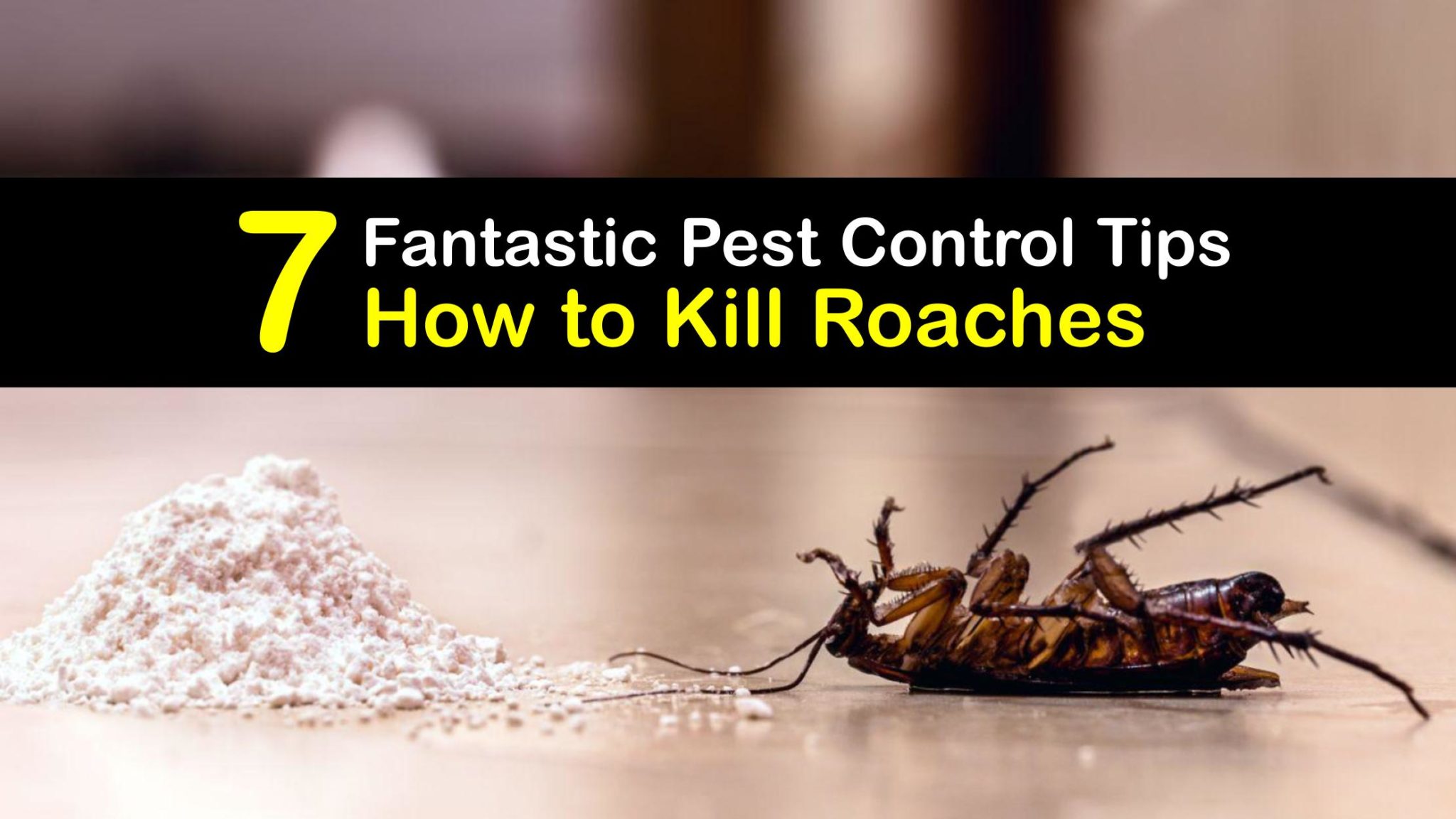Vinegar is a common household item often touted as a natural pest control solution. But does it really live up to the hype when it comes to roaches? This comprehensive guide dives into the science behind vinegar’s effects on roaches, explores its limitations, and provides practical advice for effective roach control.
Vinegar’s Role in Roach Control: Myth vs. Reality
While vinegar isn’t a magic bullet for roach extermination, it can play a supporting role in an integrated pest management strategy. do deer eat pansies
How Vinegar Affects Roaches
Vinegar’s active ingredient, acetic acid, is what likely causes roaches discomfort. This acidity irritates their exoskeleton and disrupts their highly sensitive sense of smell, which they rely on for navigation and communication. Think of it as scrambling their internal GPS. This disruption can make your home less appealing, as it becomes harder for them to find food and water. Additionally, vinegar’s cleaning properties help remove food residue and sticky spills that attract roaches. Some experts believe that the strong smell of vinegar might also mask the pheromone trails roaches use to signal food sources to their comrades.
Debunking the Boiling Vinegar Myth
You might have encountered claims about boiling vinegar to create a potent roach-killing concoction. However, this method is largely ineffective. While a direct hit with boiling vinegar might kill a roach or two, it’s not a practical or efficient way to eliminate an infestation. Roaches reproduce quickly, and the eggs are resistant to vinegar, so any progress you make will be short-lived. Furthermore, there’s some evidence to suggest that roaches can adapt to the smell of vinegar over time, rendering it even less effective.
Vinegar Spray Recipe: A Deterrent, Not a Terminator
While vinegar isn’t a reliable roach killer, a vinegar spray can be used for cleaning and as a potential deterrent.
- Mix Equal Parts: Combine equal parts white vinegar and distilled water (e.g., 4 ounces of each).
- Heat (Optional): Heating the mixture until it just begins to boil can help blend the ingredients, but isn’t essential. Let it cool completely before using.
- Essential Oils (Optional): Adding a few drops of peppermint or tea tree oil can enhance the roach-deterring properties and add a pleasant scent.
Spray this mixture in areas where roaches tend to congregate, such as under sinks, behind appliances, and in pantries. Remember, this spray is for cleaning and deterrence, not extermination. “Vinegar does not contain strong acids or chemicals that kill roaches instantly.” (24hpestpros.com)
What Happens If You Spray Vinegar on a Roach?
Spraying vinegar directly on a roach is like giving it a brief, unpleasant shower. The acetic acid irritates its exoskeleton and disrupts its sense of smell. The roach will likely scurry away, disoriented and annoyed, but it’s unlikely to die from the vinegar alone.
Vinegar and Dish Soap: A Debunked Myth
Adding dish soap to vinegar is sometimes suggested as a way to amplify its roach-killing power. The theory is that the soap breaks down the roach’s exoskeleton, making it more vulnerable to dehydration from the vinegar. While this may sound plausible, there is limited scientific evidence to support this claim.
Why Vinegar Isn’t Enough
Vinegar’s effect is temporary. Once the smell dissipates, the roaches are likely to return. More importantly, vinegar doesn’t affect roach eggs. These eggs are resilient and can withstand various environmental factors, including vinegar’s acidity.
What is the Best Homemade Roach Killer?
While vinegar can be a part of your roach control strategy, other natural remedies may be more effective.
Borax and Diatomaceous Earth
Borax and diatomaceous earth are two naturally occurring substances that can be used to control roaches. They work by damaging the roach’s exoskeleton and internal organs, leading to dehydration and death. These methods are generally considered more effective than vinegar for eliminating roaches.
The Power of Prevention
The most effective roach control involves a multifaceted approach. Prevention is key. This includes sealing entry points, storing food properly, managing moisture, and maintaining a clean home. These practices create an environment where roaches can’t thrive, reducing the need for reactive treatments.
What Kills Cockroaches the Fastest?
If you need a fast-acting solution, professional pest control services are the most effective option. They have access to potent insecticides and the expertise to target roaches effectively.
Ethanol: A Potential Alternative
Ethanol, or common alcohol, might be a more promising home remedy than vinegar for killing roaches. Research suggests it may be more effective, though the ideal concentration and application method for quick elimination requires further study.
Baking Soda: A Slow-Acting Solution
While baking soda can kill roaches, it does so very slowly. It’s not a suitable solution for those seeking a rapid remedy.
Other DIY Options
Numerous DIY methods circulate online, such as using cleaning products with strong scents like Fabuloso. While anecdotal evidence suggests these might repel roaches, their effectiveness as killers hasn’t been scientifically proven.
In conclusion, while vinegar can play a minor role in deterring roaches, it’s not a reliable solution for infestations. A comprehensive approach using prevention, targeted treatments (like borax or diatomaceous earth), and professional help when necessary is the most effective way to achieve a roach-free home.
- Who Owns Mercedes Cars? 2025 Update: Unveiling the Shareholders - May 6, 2025
- UAE Federal National Council: Evolution of Participation - May 6, 2025
- Trump’s 2025 Portrait: Unveiled, Analyzed - May 6, 2025
















